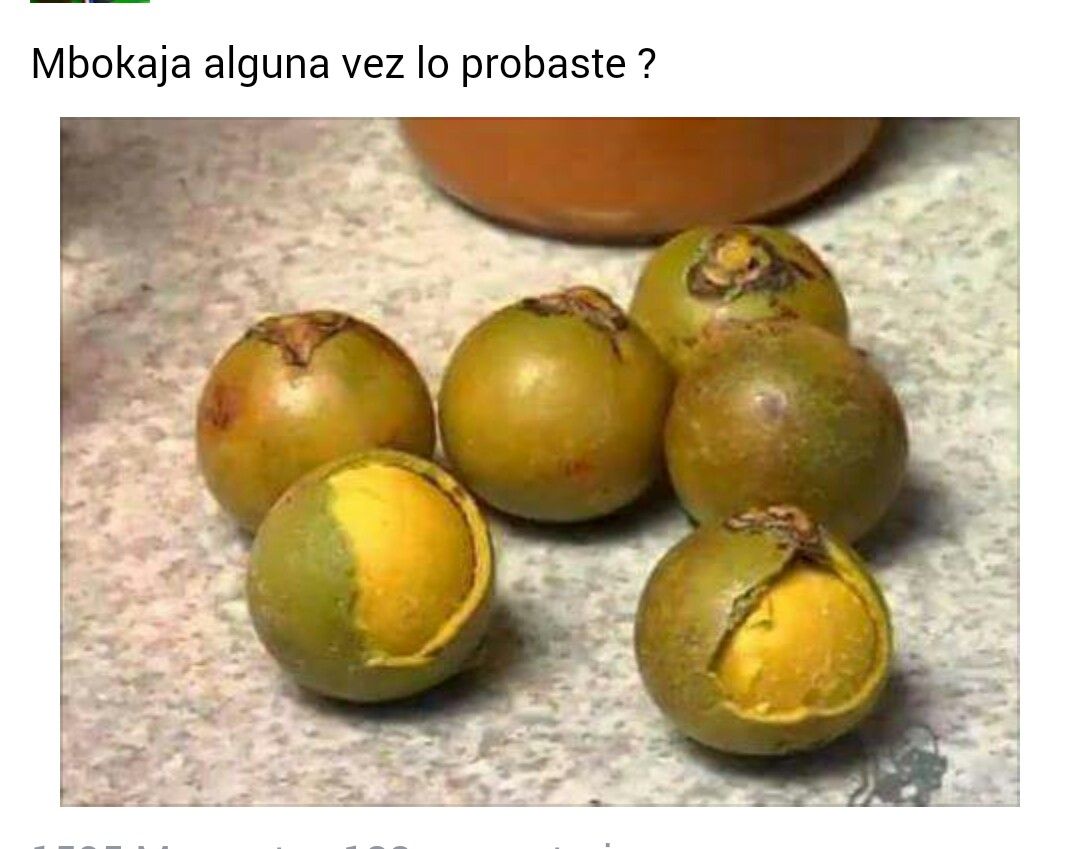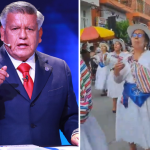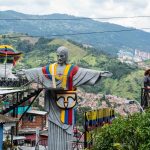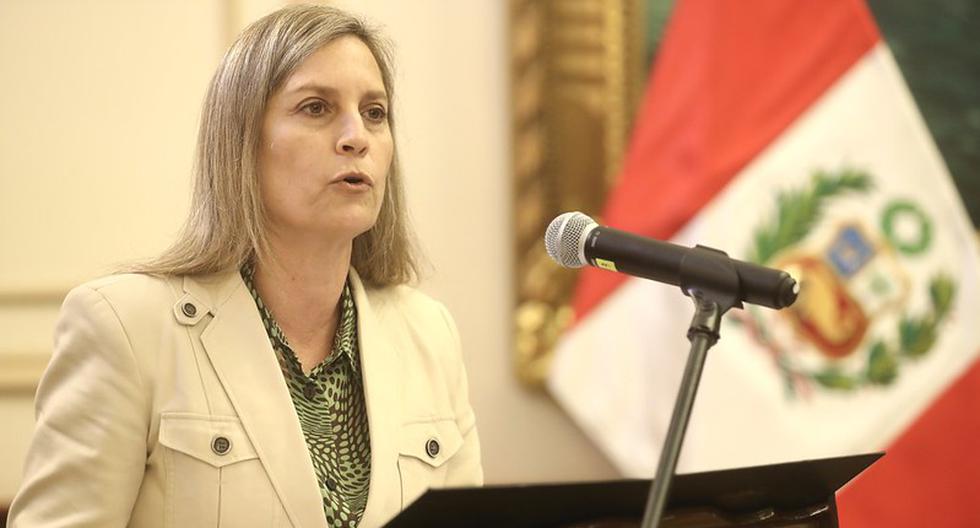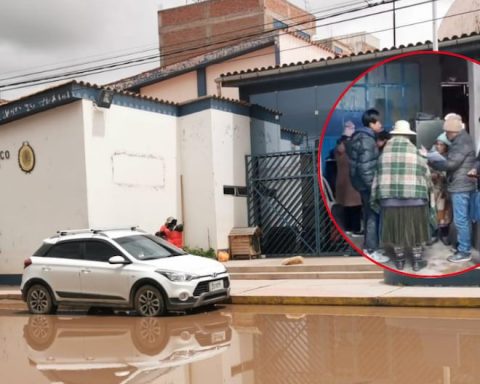How many times have we seen the coconut tree in our Paraguayan landscapes and heard stories about its use. mbokaja is part of our gastronomic culture and is a powerful economic resource that can generate income for thousands of our peasants who are part of the largest group of poor in our country. Dr Carlos Loup Reyes spoke on Radio Libre with Benjamín Fernández Bogado about the revolution of this plant in the country and the world. Loup says that until today the mbokaja is a wild plant that is planted once and can last 90 years. 700 plants fit into one hectare or 10,000 square meters. can generate an income of 14 million guaranies per year.
multiple virtues
The mbokaja, coconut palm or coconut, is marketed as a medicinal resource for its diuretic, refreshing and anti-urinary tract properties. It takes advantage of everything and doesn’t require a lot of maintenance work after spending five years and starting to generate income each year.
It has 5,200 calories and has a positive aspect on the environment because it fixes 23,000 kilos of carbon dioxide per day. It replenishes oxygen in an amount of 20 thousand kilos per day, which makes it ecofriendly (friend of the environment). It is an ecological fuel and replaces firewood to make a fire, coconut plants do not fall down like other trees.
Every year you have the possibility of ingesting enough calories with coconut to live well. Two hectares of felled forest is equivalent to one hectare of mbokaja. It is a plant that replenishes oxygen in the amount of 20,000 kilos per day, the carbon dioxide, which is poison, turns it into stone. Its maintenance cost is 0 even more if it is maintained with associated crops
One does not expect that a native Paraguayan plant can generate a revolution
economic and environmental, according to Carlos Loup, who is developing a coconut processing factory in Villarrica, it is an advantage to have mbokaja plants, to incorporate peasant family farming, and you can also grow cassava, corn, beans, or peanuts near you. Coconut flowers attract bees with which more resources can be entered with the honey that is generated. «We should not call a plant as generous as the mbokaja “coquito”, can you imagine someone who with 10 hectares of coconut trees can generate an income of more than 10 million guaraníes per month? That is a revolution for the impoverished family agriculture country girl» she says with remarkable enthusiasm. At the time of affirming that there is a great demand for the product worldwide.
And thus establishes one of the pillars of the revolution of a Paraguayan plant that according to the engineer is a plant that must have a Paraguayan name and save its identity and protect its copyright. According to the engineer, the mbokaja is the identity of the Paraguayan
Like Brazilian and Colombian coffee, Mexican tequila, Peruvian pisco, a Paraguayan identity that must be cared for and do what can be done to unite families in the countryside. The benefits of mbokaja lie in the fact that each tree generates renewable energy for 90 years, likewise, the use of pits in boilers prevents the felling of 3 hectares of forest per year, while its industrialization does not produce waste that is harmful to the environment.
There is an unlimited market for the Paraguayan coconut in a world that is already developing
a coconut food industry, such as cookies, ice cream and other products that are made to eat. A revolution that we have to understand well in order to extract from it good results for everyone. A miraculous vegetable for its multiple
functionality for human and economic health for people who have the
chance to have the mbokaja on their land.
We have to go back to tradition
«There is so much that the Paraguayan peasant does not know about the mbokaja that he behaves like a beggar extending his hand asking for alms sitting on a stamped gold stool. All of our grandparents lived to be over 90 years old. Our grandmothers threaded the needles and our grandfathers read the newspapers without wearing glasses. All because they ate coconut, manduvi and mimbé corn» says Dr. Carlos Loup. He also stressed that in the wars it withstood its rigors because it was easy to transport and they had no problems with its conservation ».
There is a lot of interest in the communities where the engineer has given talks to make known the advantages it has for the unlimited market for the Paraguayan producer. The coconut is therefore a valuable resource to eat or use as an economic resource to generate income for farmers in the field.
